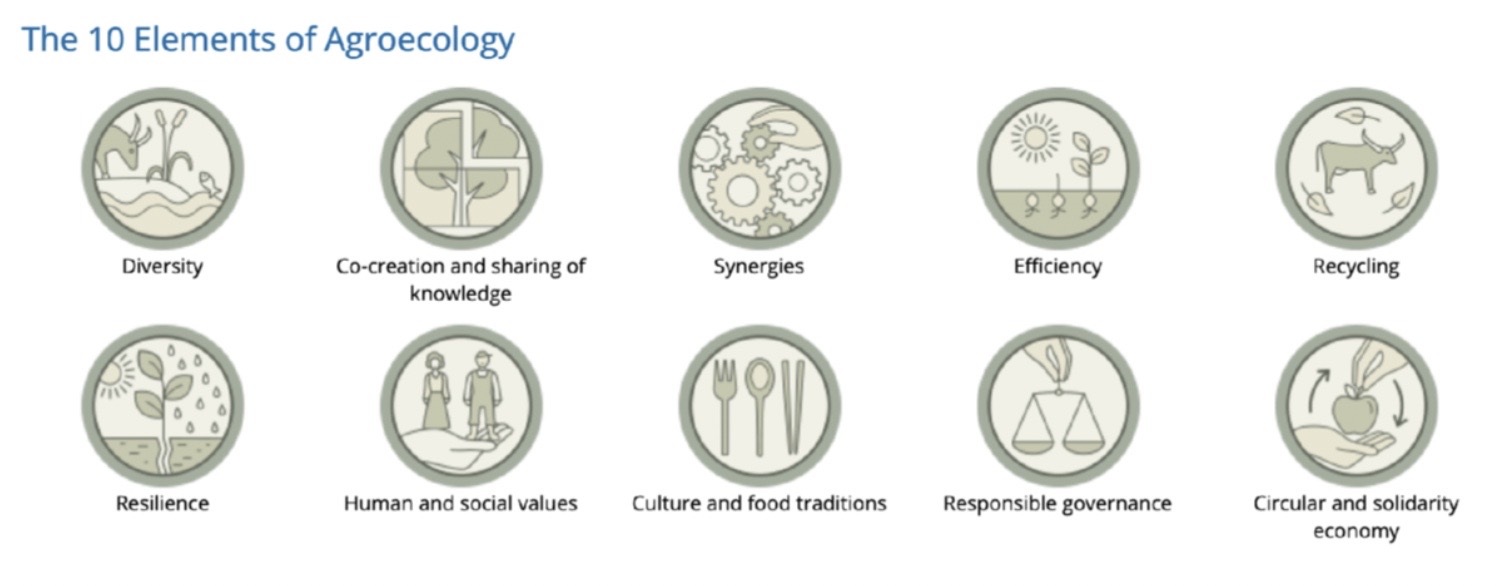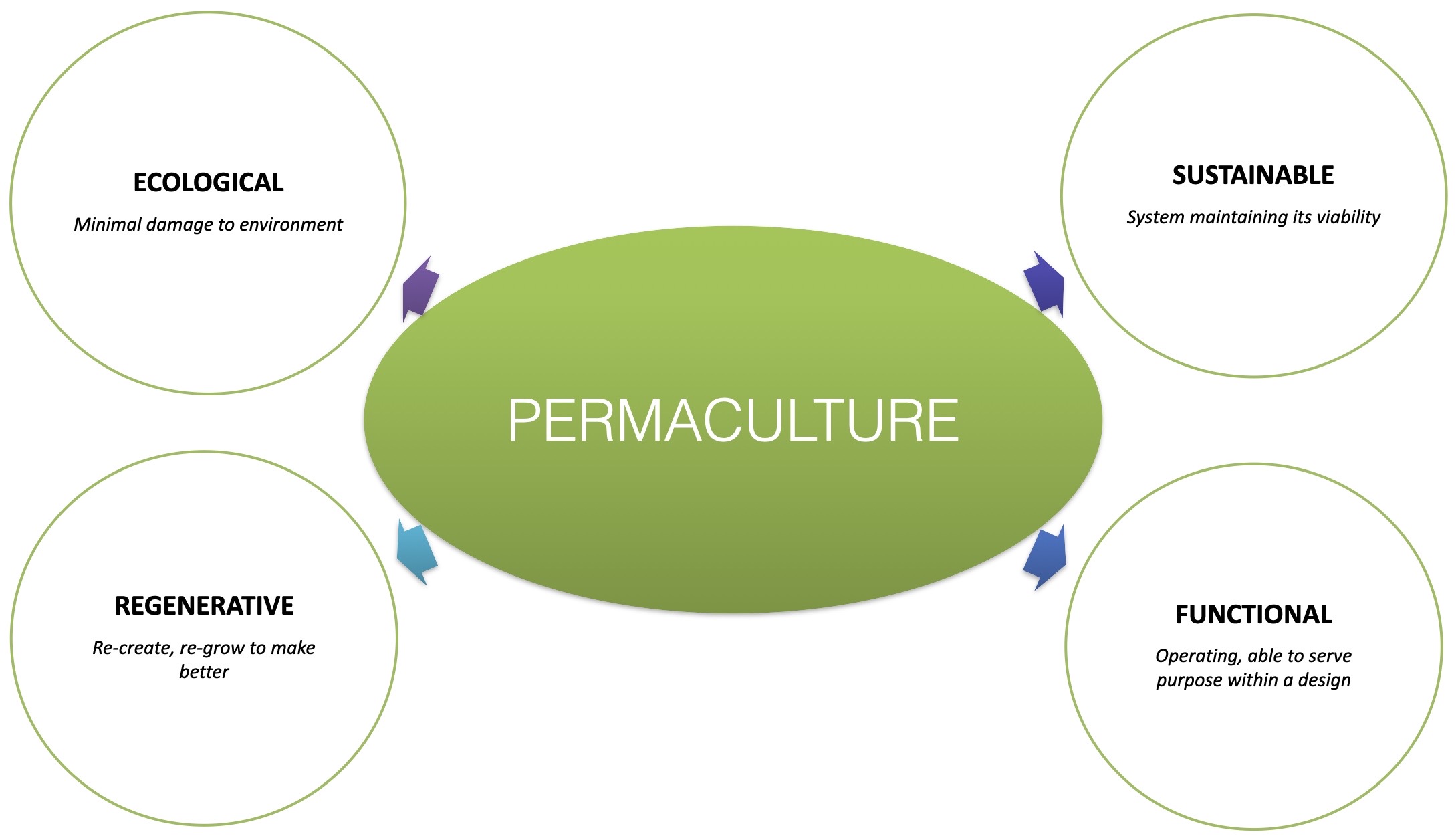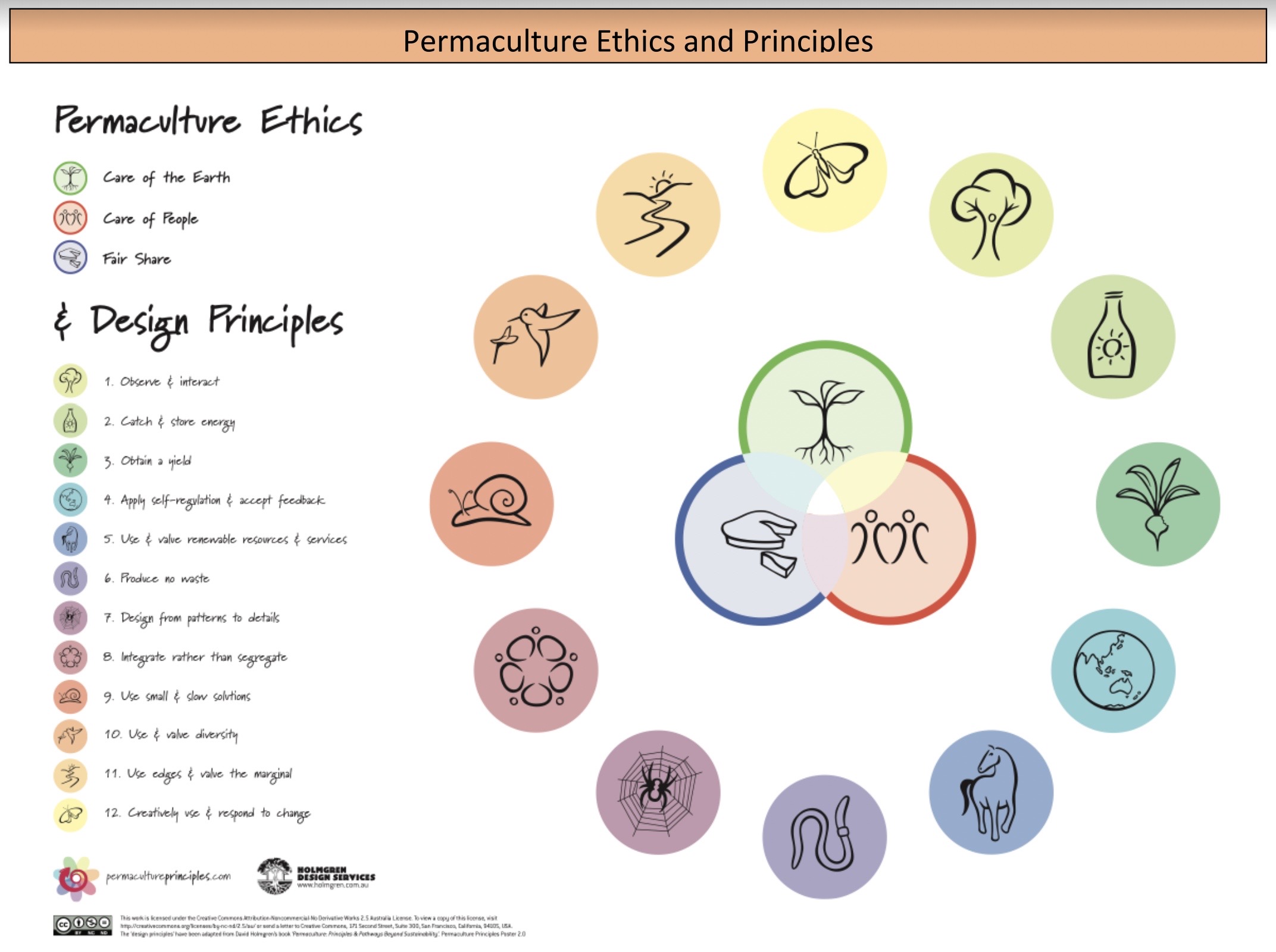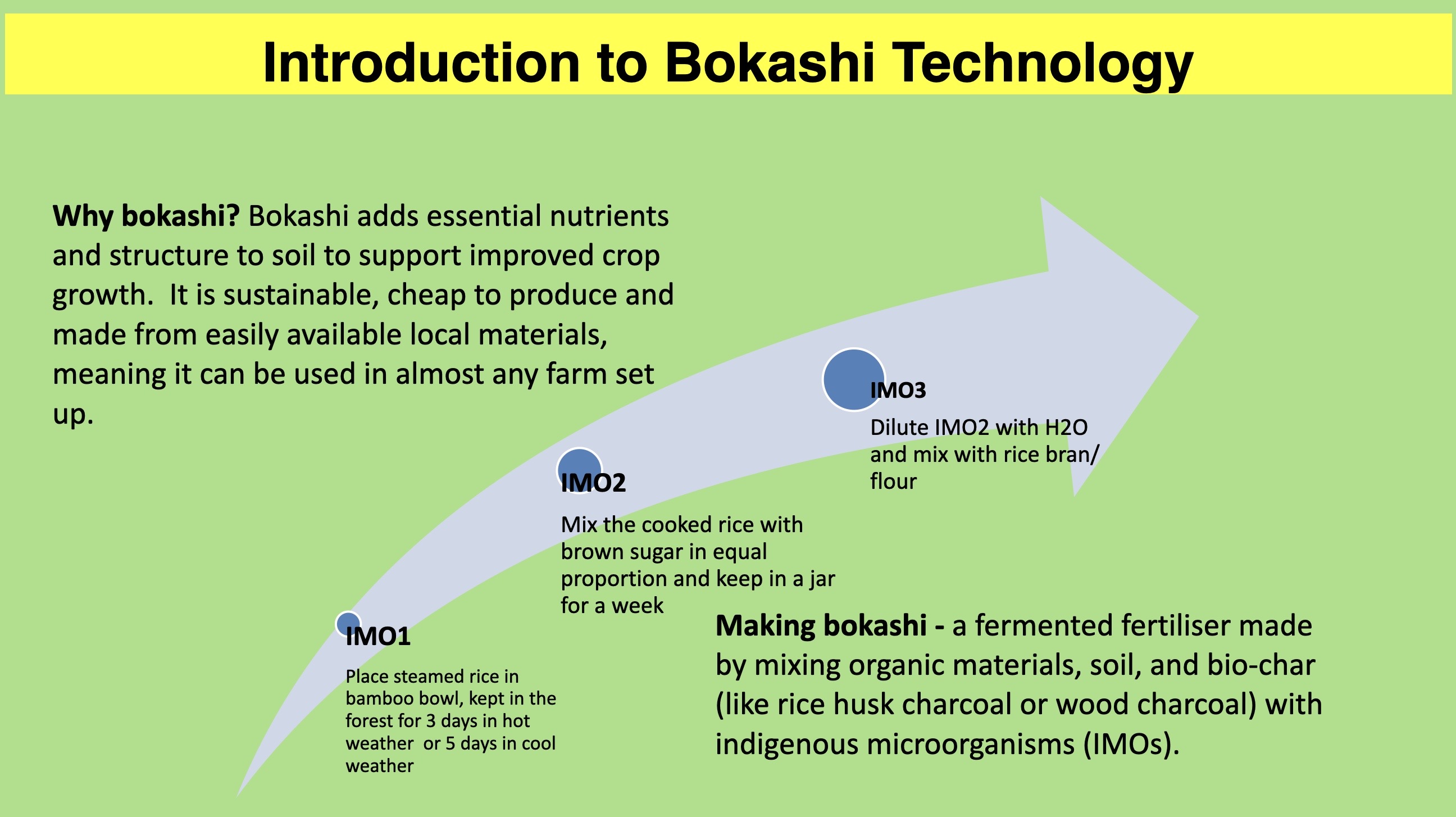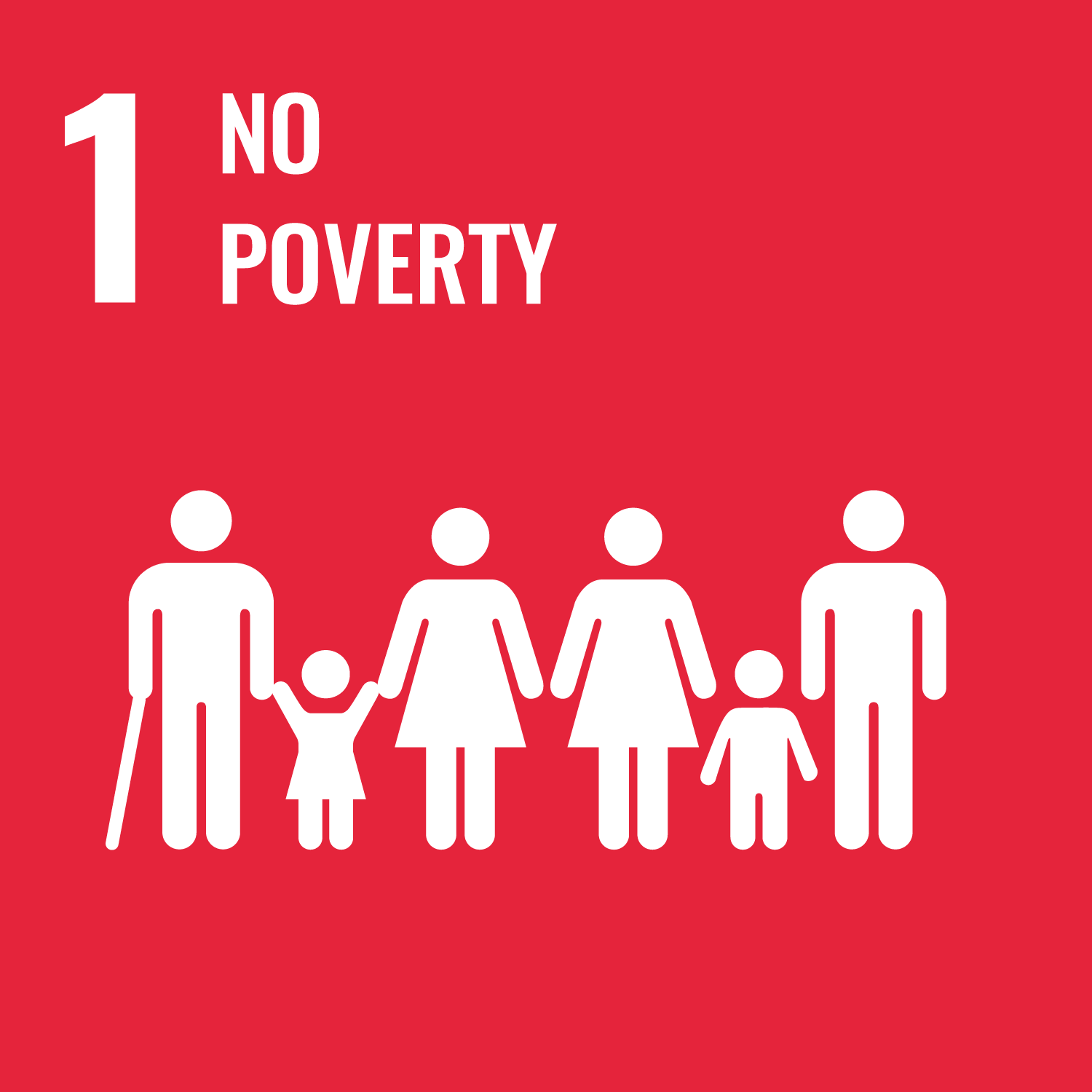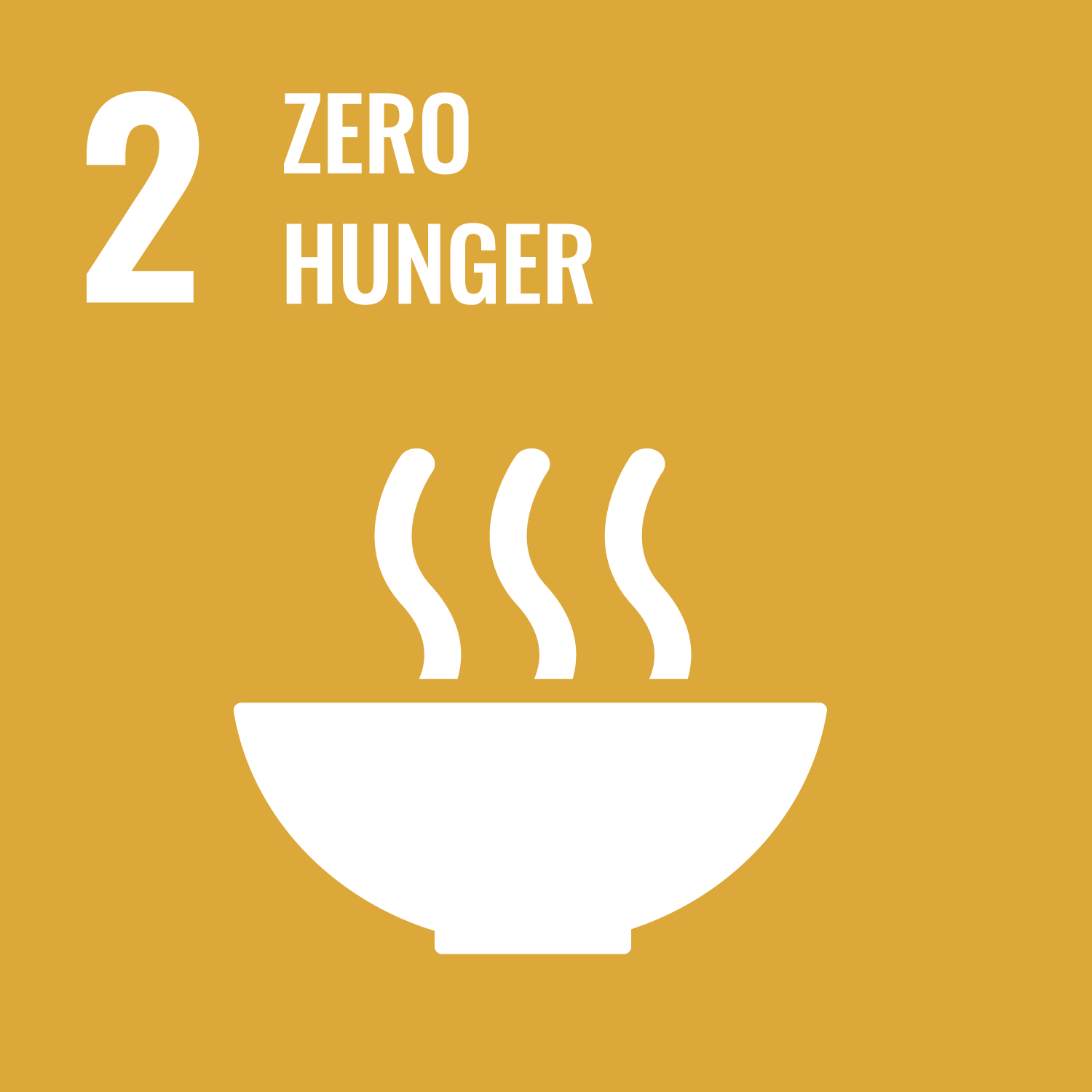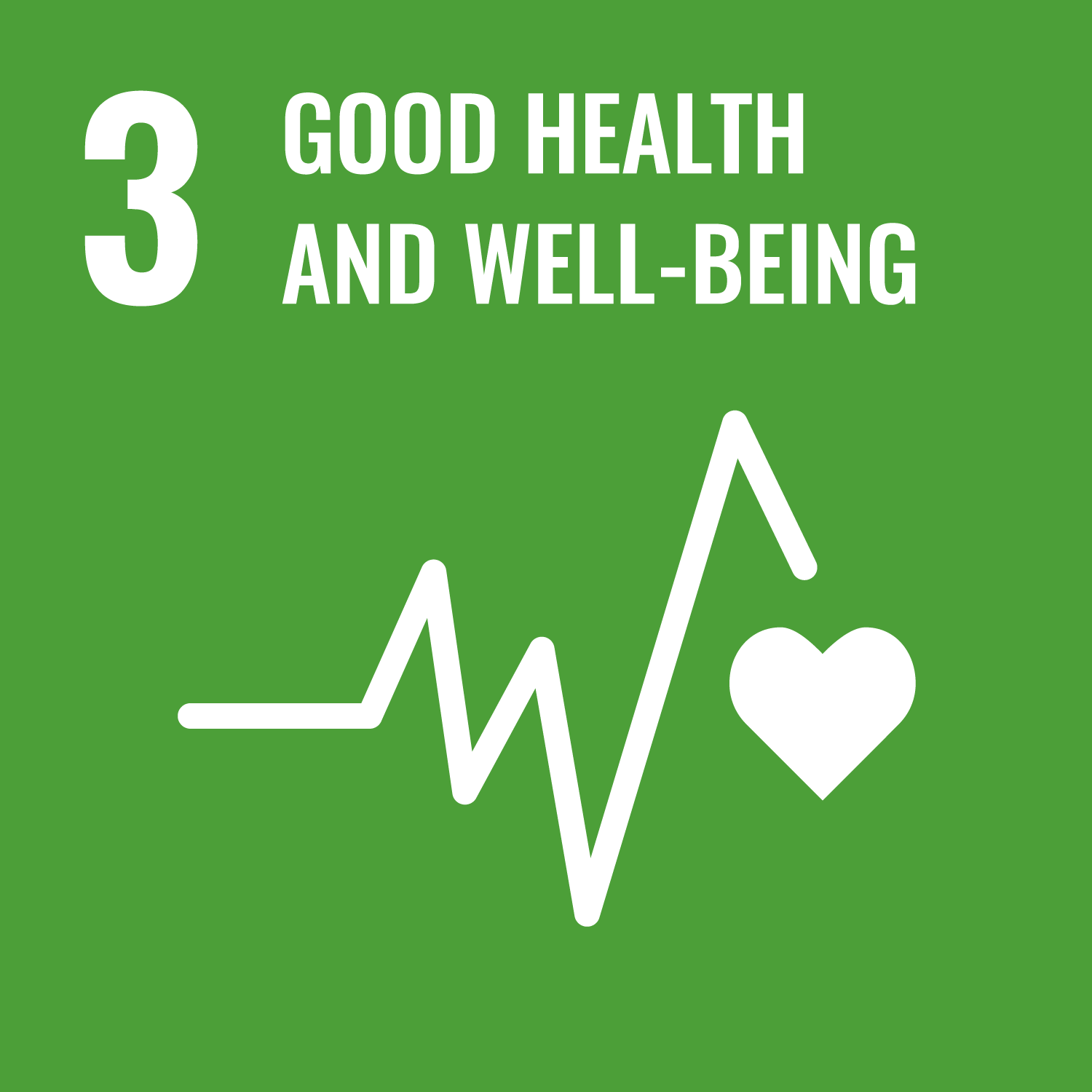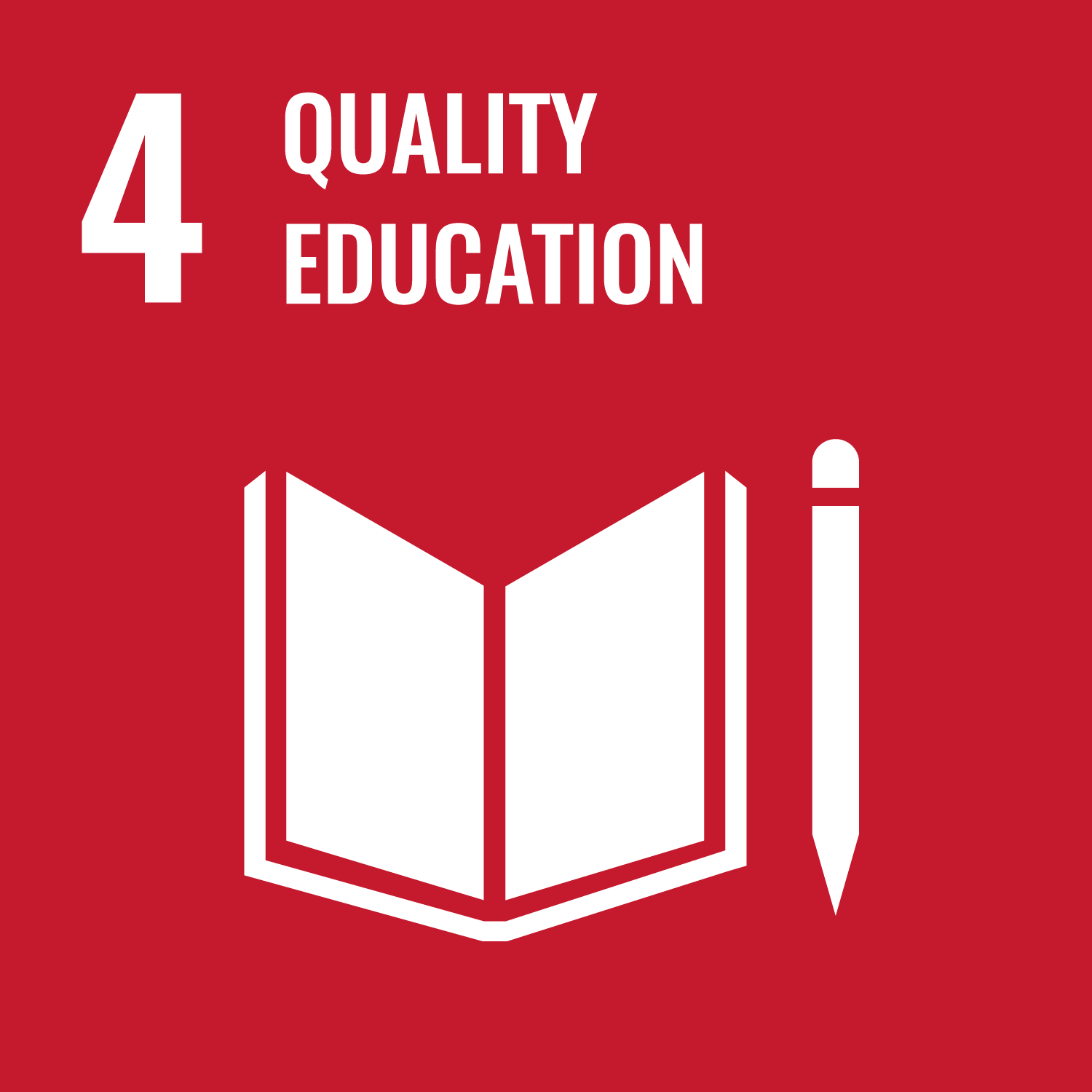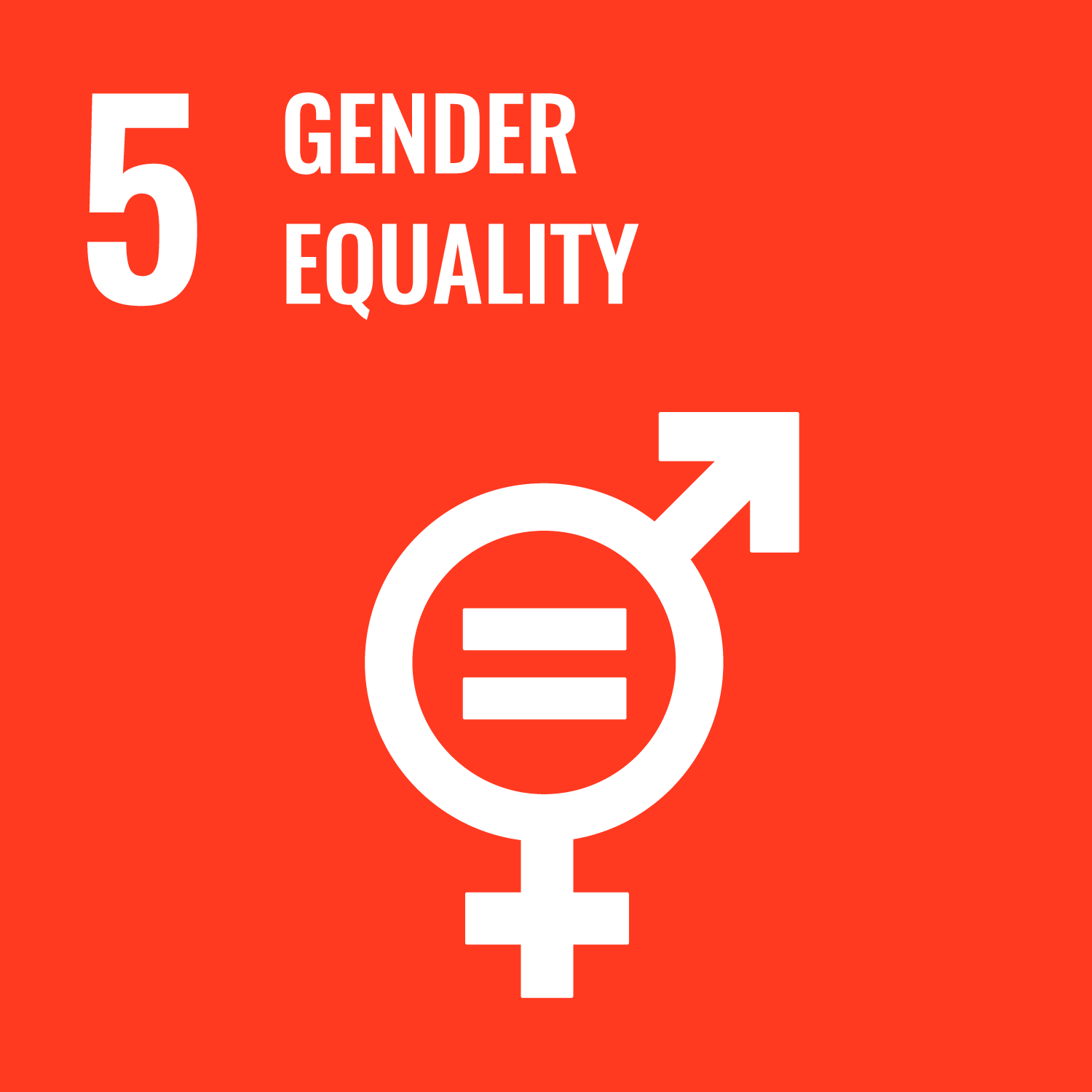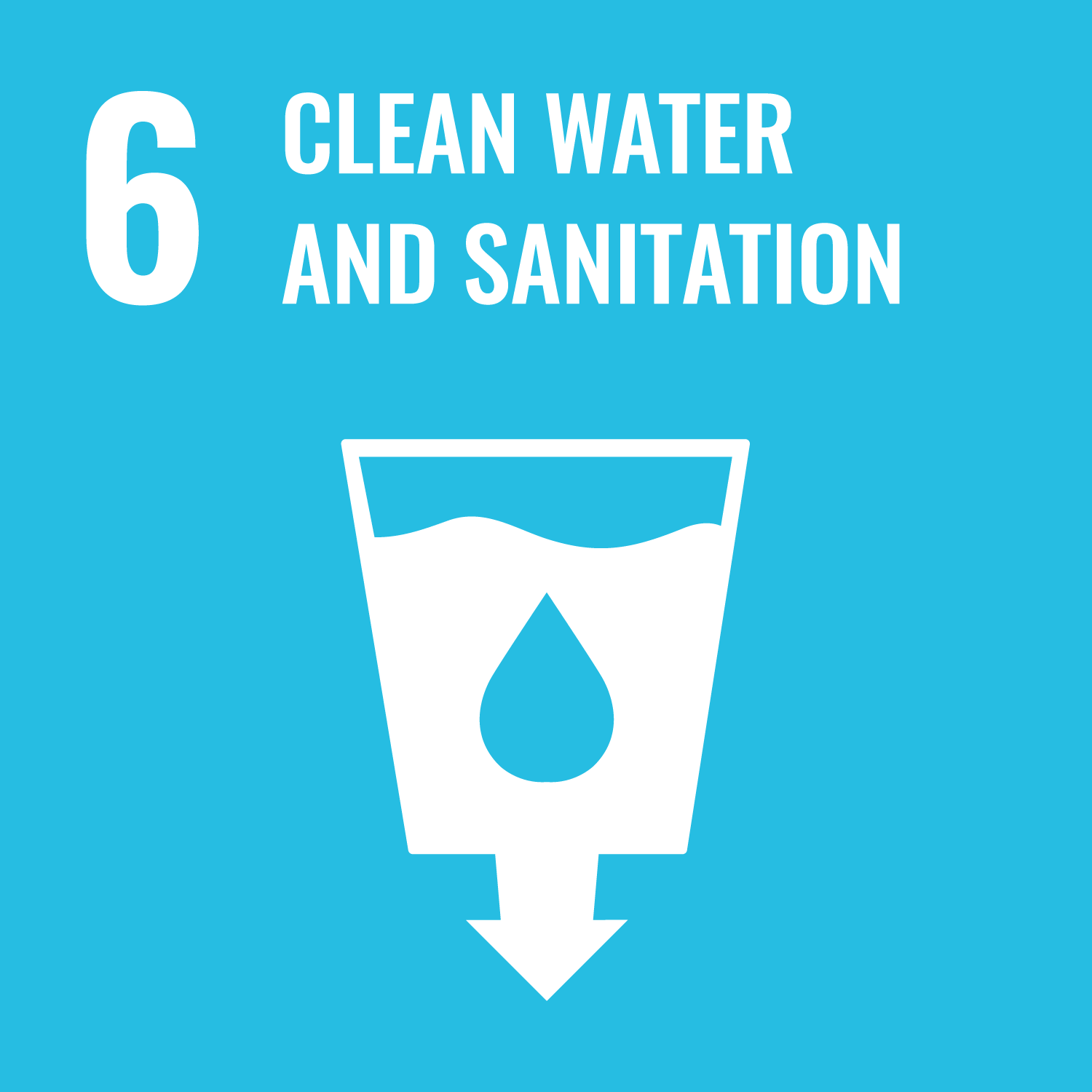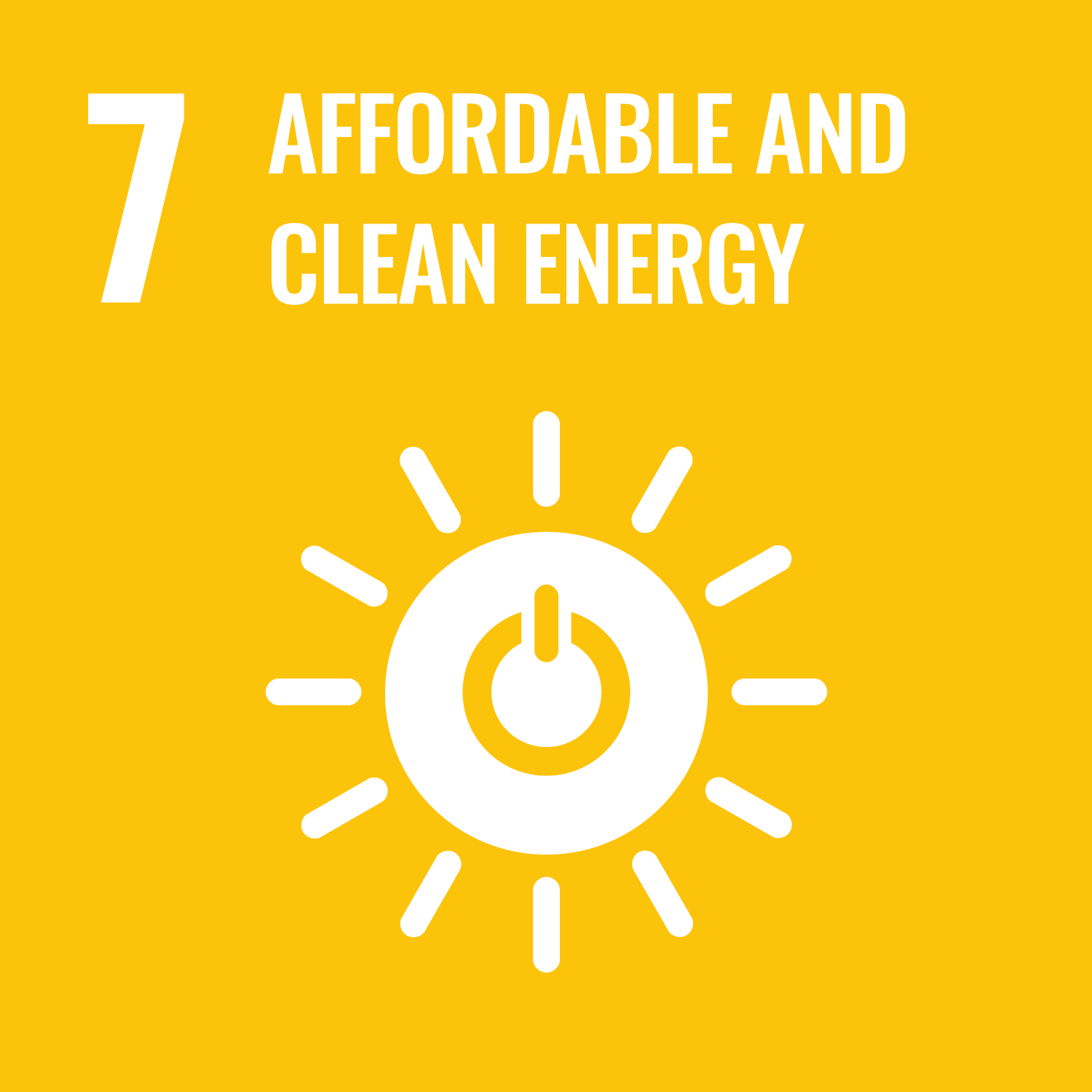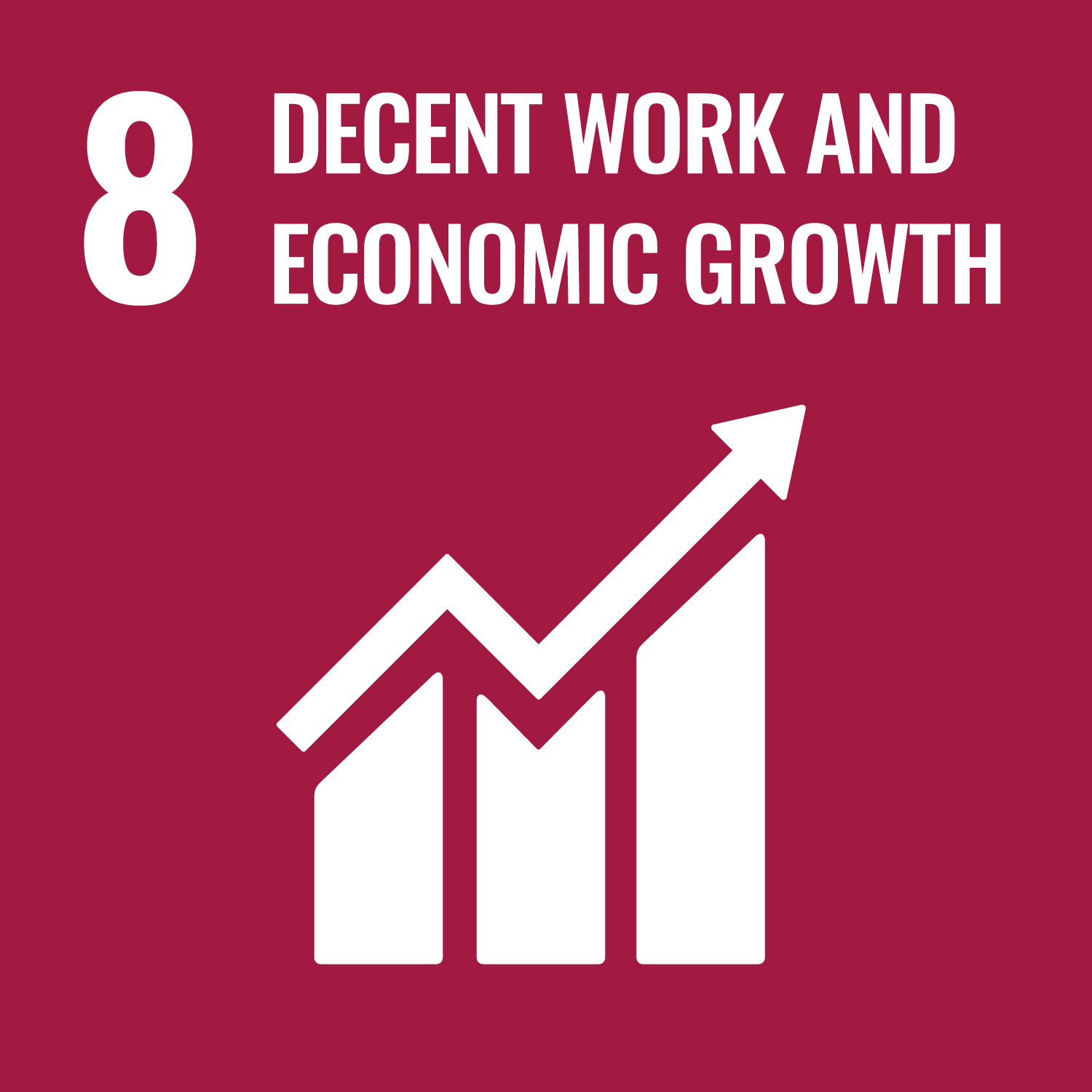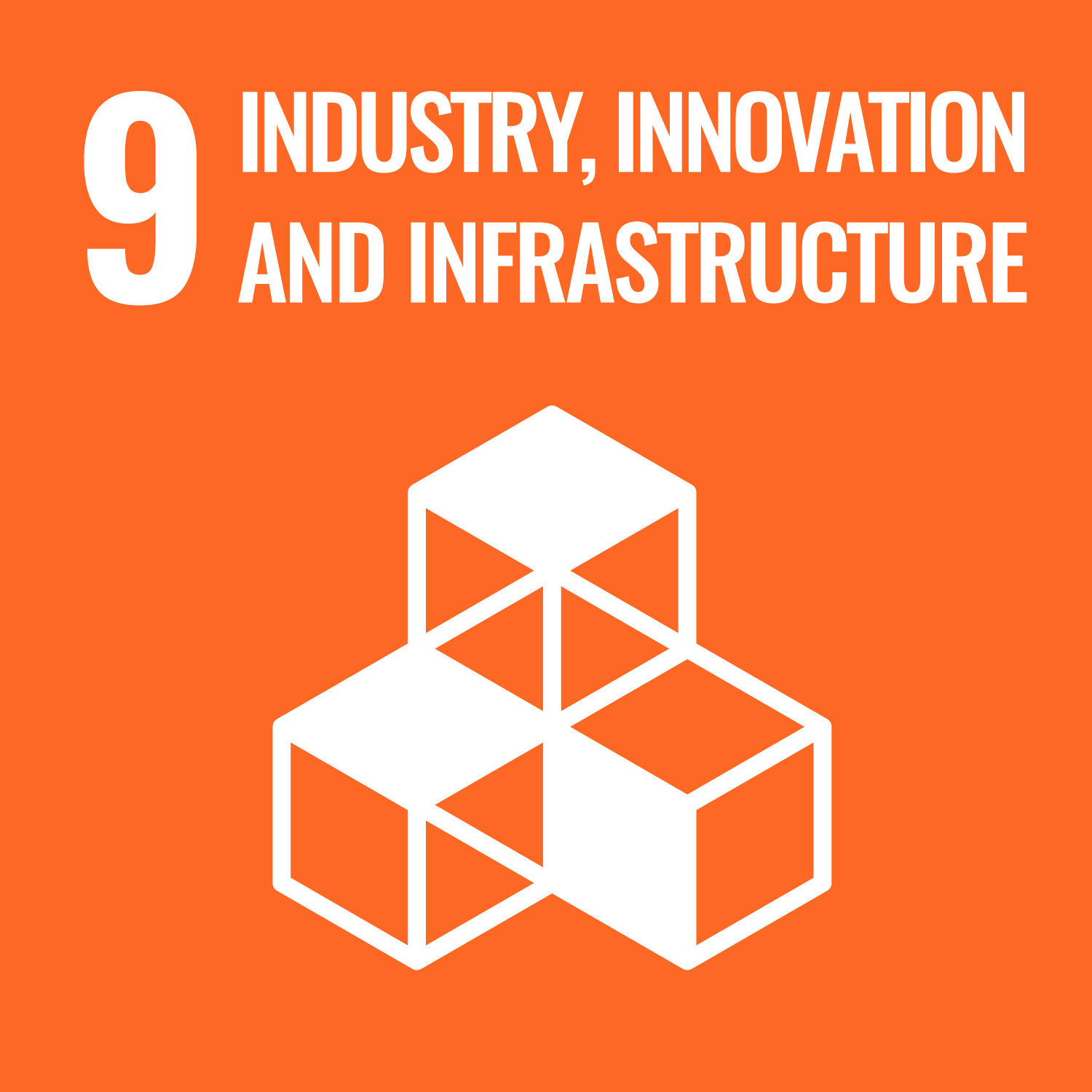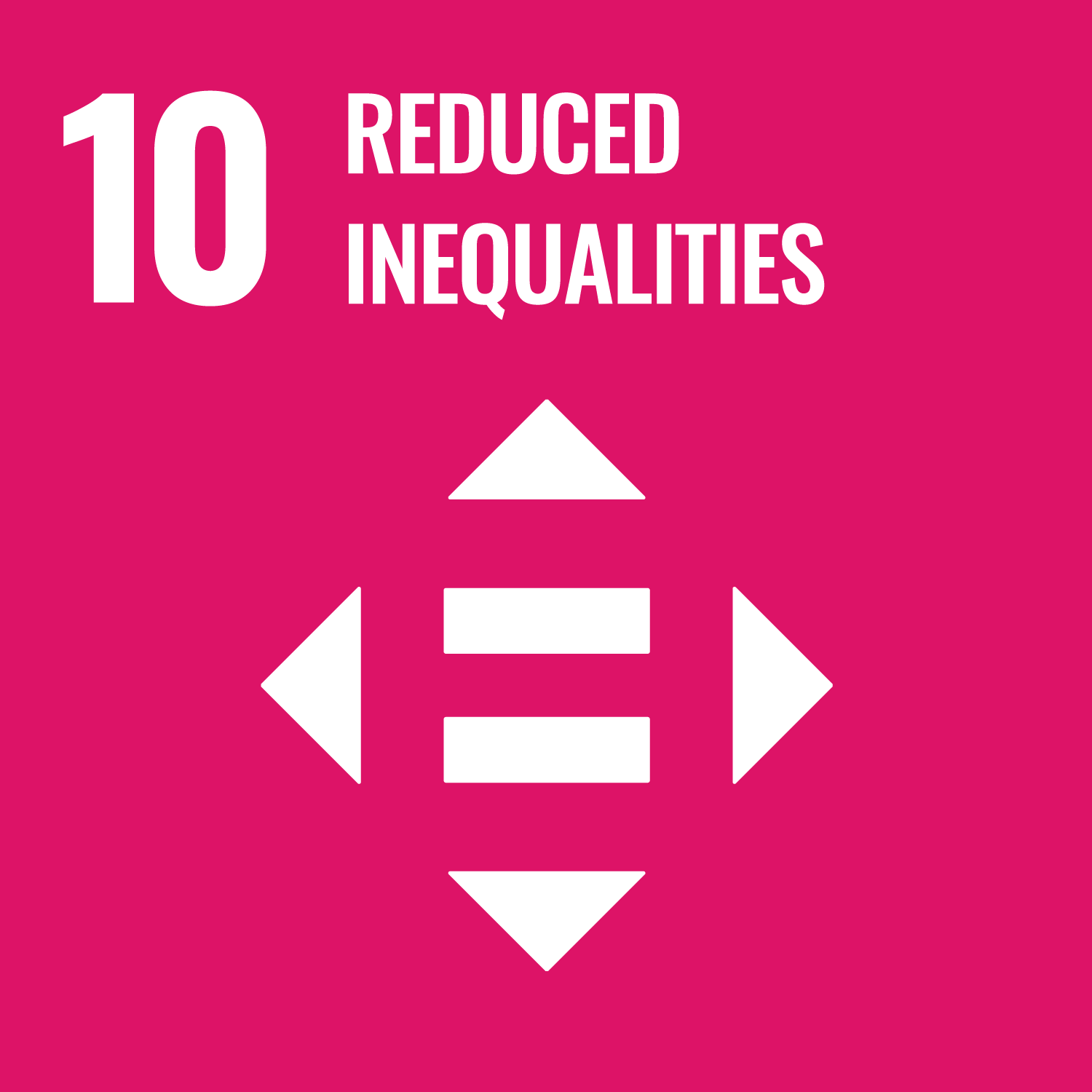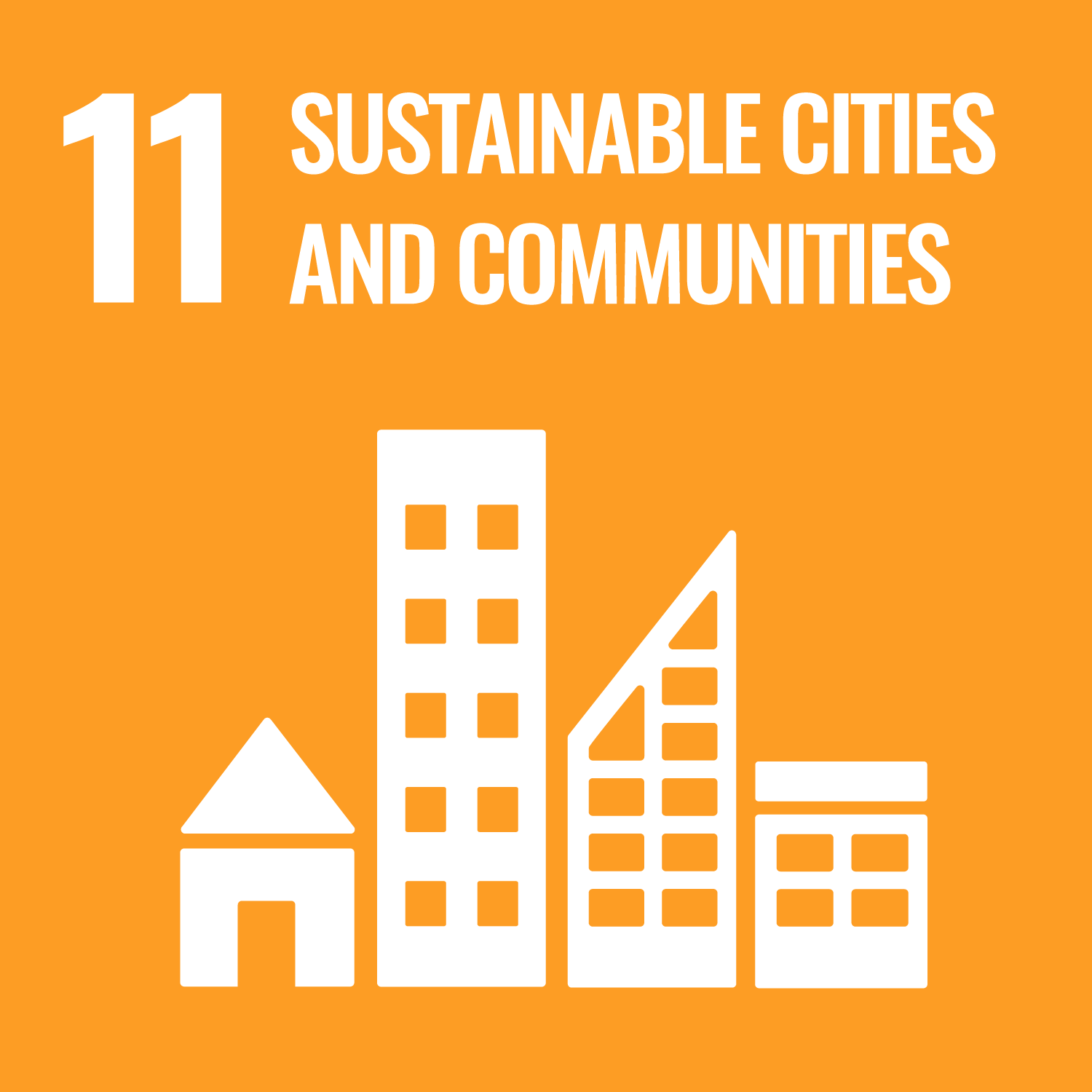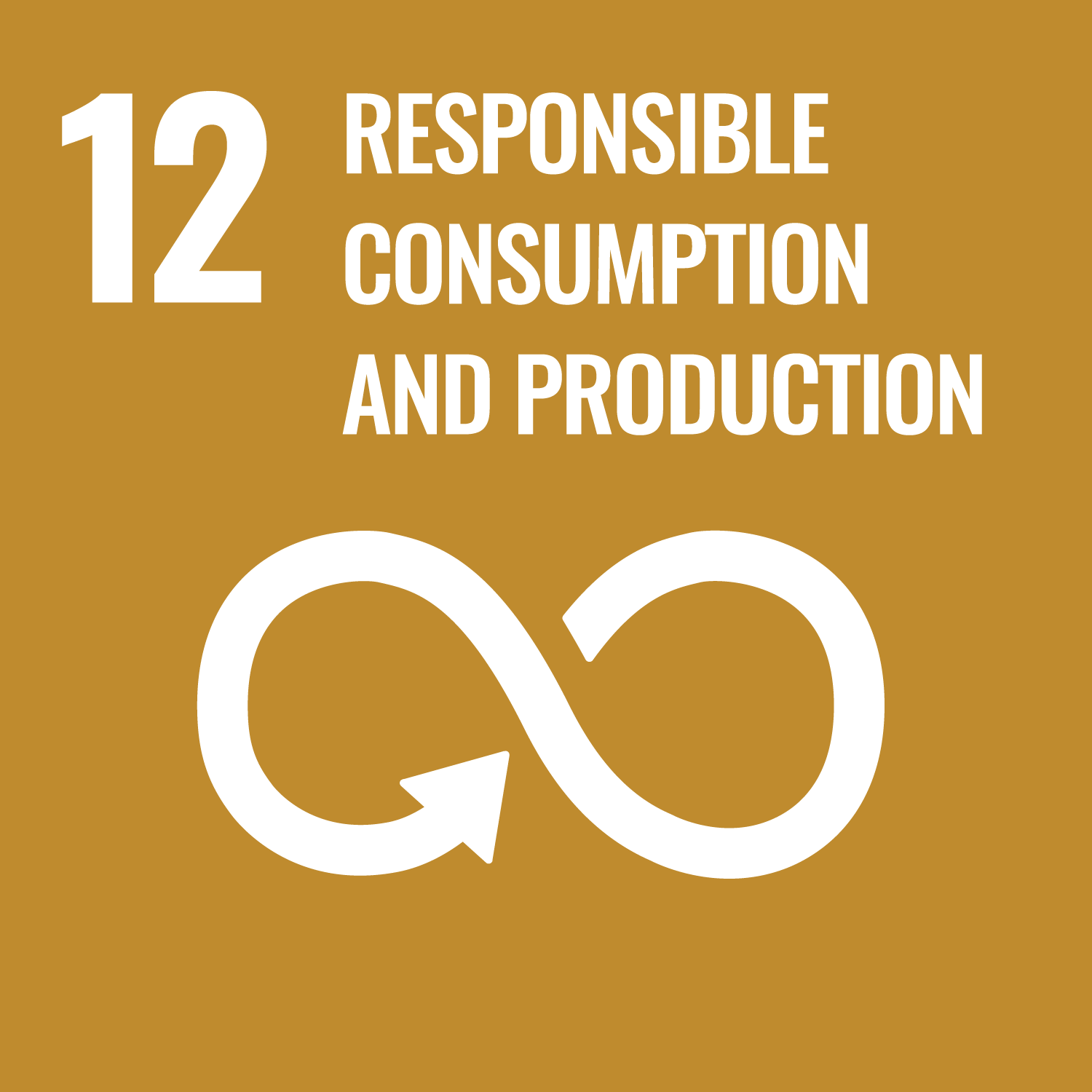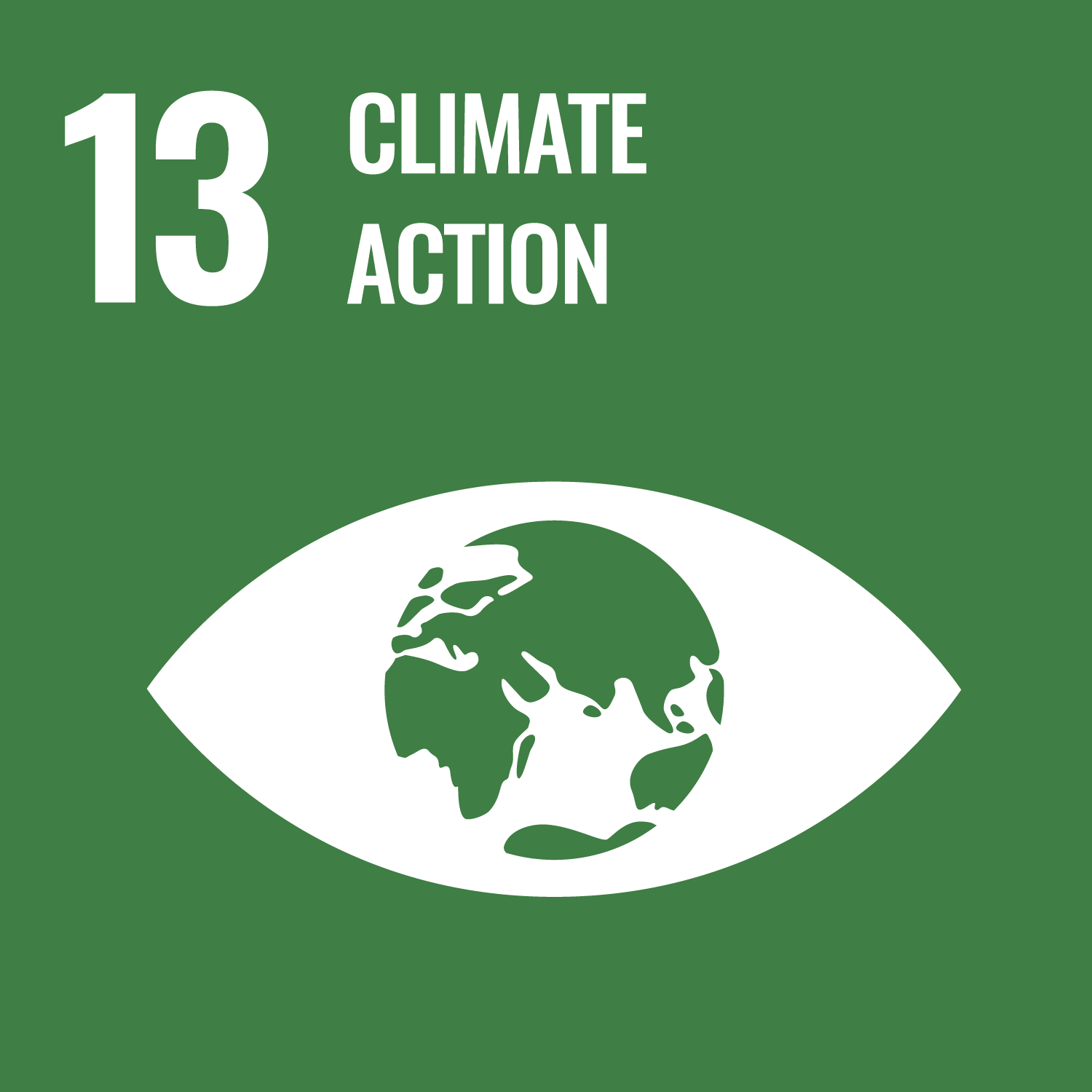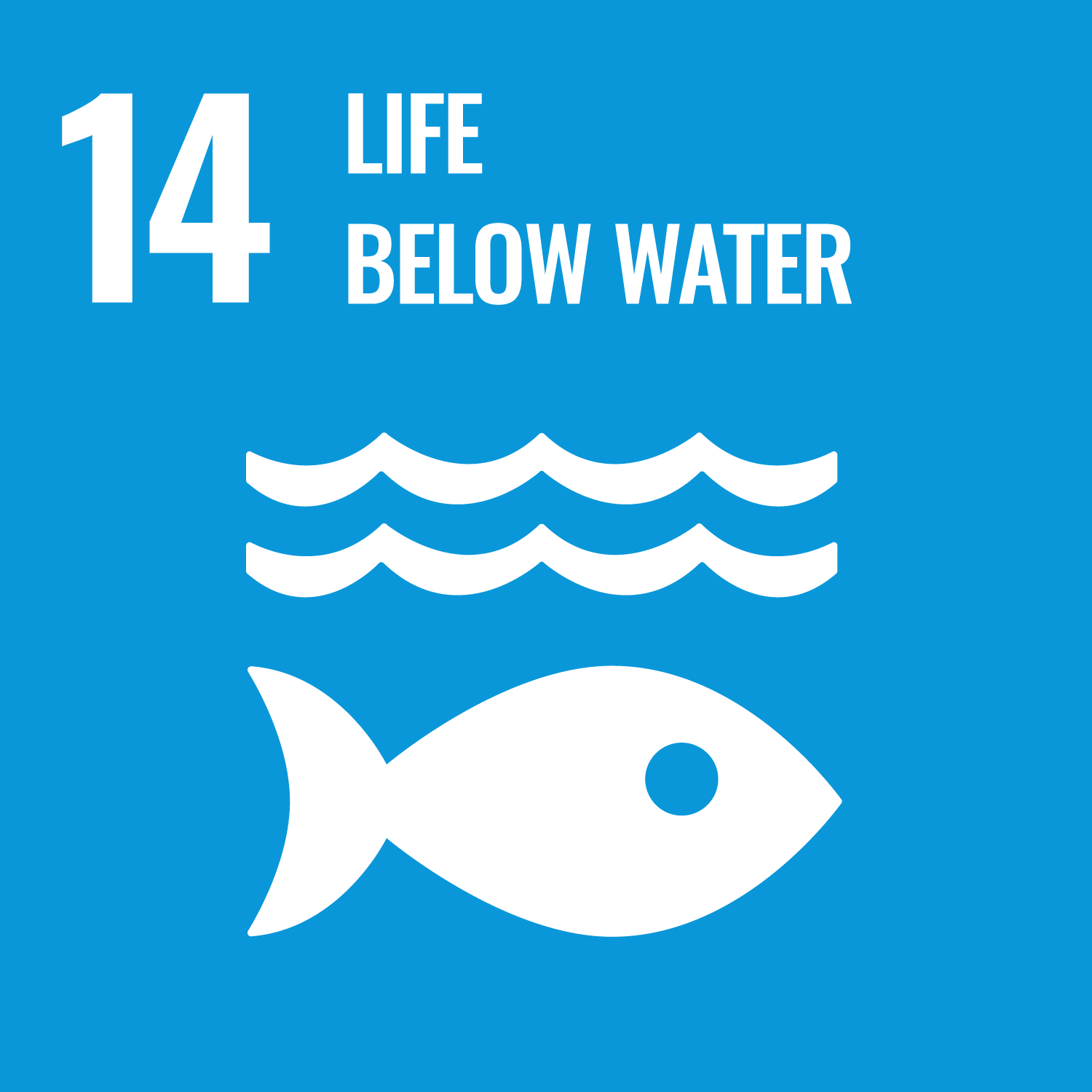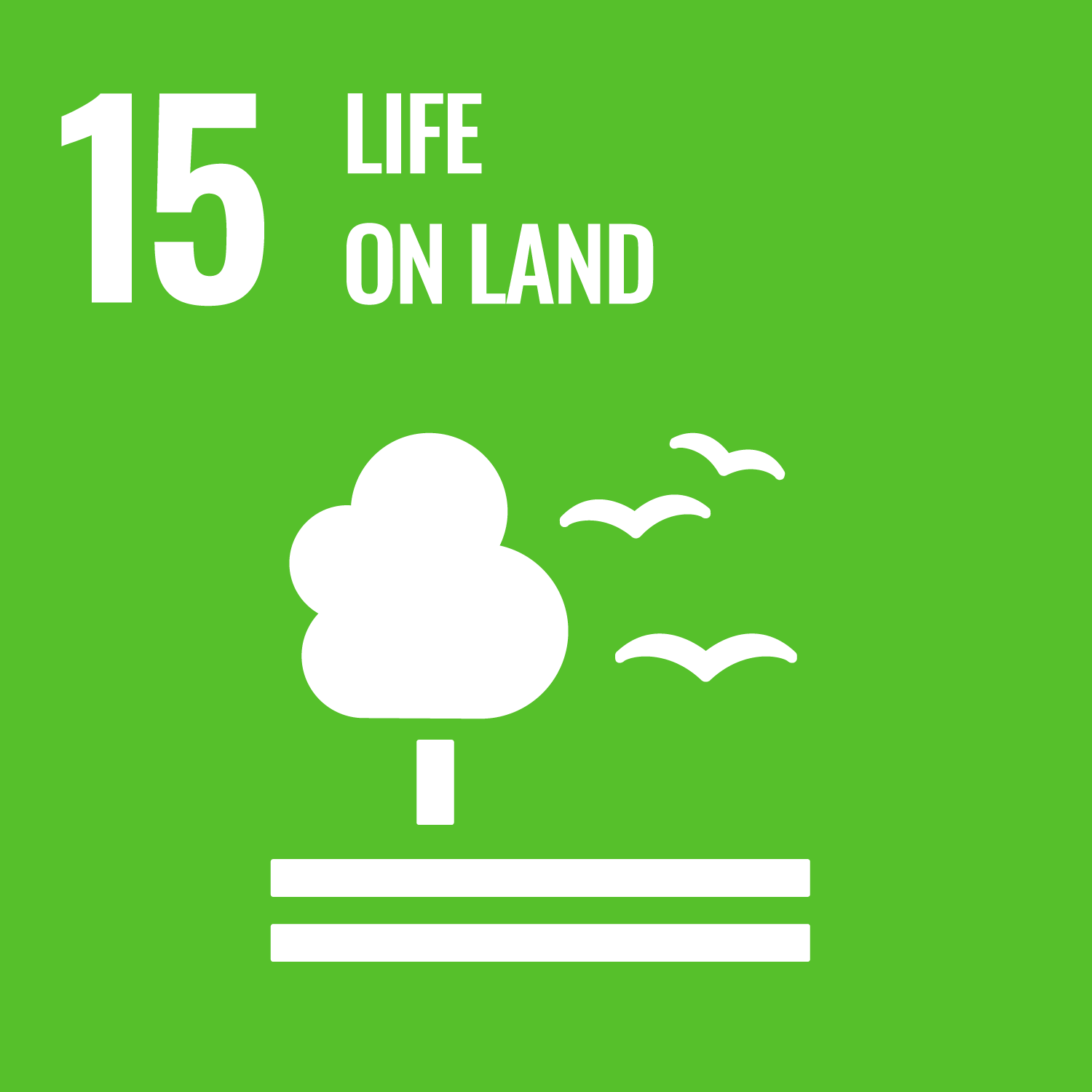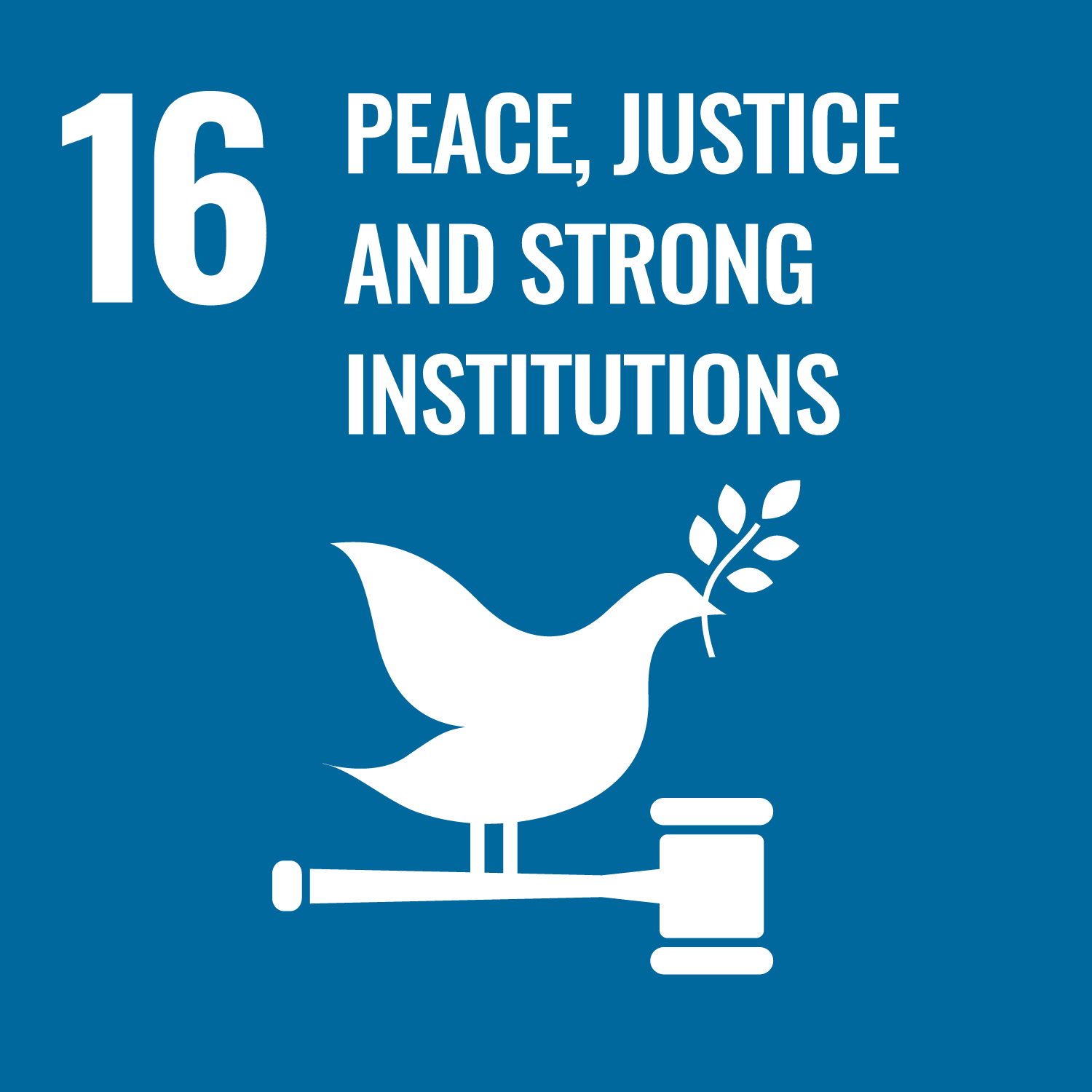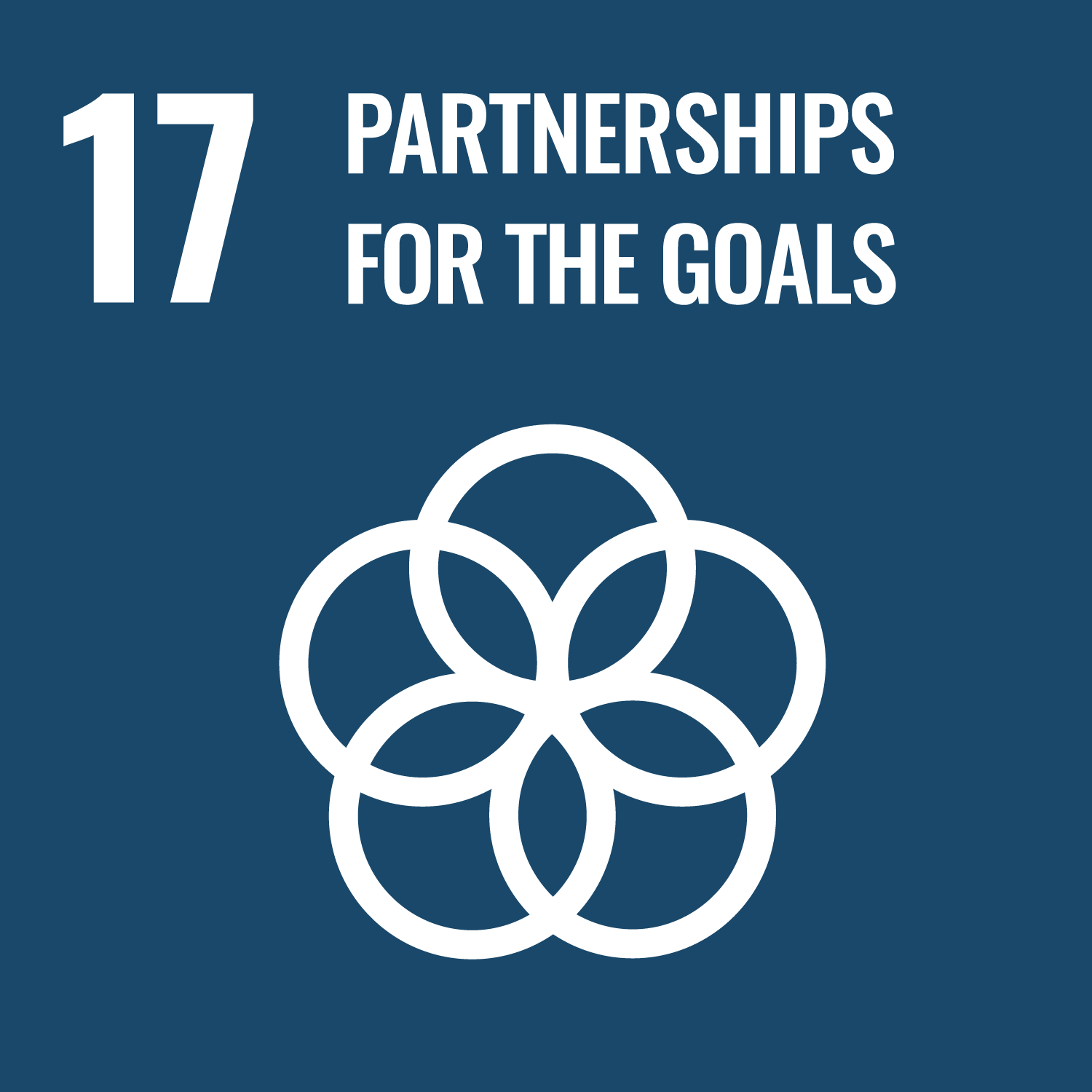Permaculture
The principles underlying Farming on Crutches are the same as those espoused by the
Asian Rural Institute (ARI) – namely to build an
environmentally
healthy, just and peaceful world. ARI’s concept of Foodlife enlightens participants’ understanding of
Sustainable
Agriculture. Every day, they practice integrated farming, making and using organic fertiliser, managing
pests with local
materials and using appropriate technologies to protect the ecological system of the living soil for future
generations
and to have ownership over their Foodlife. ARI’s principles are summarised below and are broadly in line
with those of
Agroecology and Permaculture (see boxes below). As can be seen below, Farming on Crutches addresses all of
the
sustainable development goals that are relevant to farming and rural life.
THE PRINCIPLES OF SUSTAINABLE AGRICULTURE
The Principles of Sustainable Agriculture, as taught at the Asian Rural Institute are: Organic Farming,
Crops and Vegetables, Livestock,
Disease
Control of Crops
and Vegetables, Disease Control of Livestock, Dangers of Chemical Farming, Natural Farming in Tropical
Areas,
Agroforestry, Alternative Marketing Systems , Biogas Practical Field Study: Crops & Vegetables Emphasis:
Bokashi
fertilizer making, compost fish amino acid, water-soluble Calcium, water-soluble Calcium and Phosphate,
wood
vinegar,
charcoal making, rice husk charcoal, seed collection, seedling nursing using soil blocks, mushroom
cultivation.
Livestock: Pigs (artificial insemination, delivery, castration), Chicken (brooding, hatching), Fish,
livestock health,
feed formulation, fermented feed, animal raising with fermented floor. Meat Processing: Sausage and
ham-making. Field
Management Activities: Group management of crops and vegetables field and livestock; Foodlife Work
(Foodlife-related
activities for self- sufficiency): Group leadership system.
THE PRINCIPLES OF Agroecology
Agroecology is sustainable farming that works with nature. Ecology is the study of relationships between
plants,
animals, people and their environment – and the balance between these relationships. It is the
application
of ecological
concepts and principles in farming and is defined by the
FAO as a holistic and integrated approach that
simultaneously
applies ecological and social concepts and principles to the design and management of sustainable
agriculture and food
systems. It seeks to optimise the interactions between plants, animals, humans and the environment while
also addressing
the need for socially equitable food systems within which people can exercise choice over what they eat
and
how and
where it is produced. Agroecology is currently a science, a set of practices and a social movement and
has
evolved as a
concept over recent decades to expand in scope from a focus on fields and farms to encompass the
entirety of
agriculture
and food systems. It now represents a trans-disciplinary field that includes the ecological,
socio-cultural,
technological, economic and political dimensions for food systems through from food production to
consumption.
